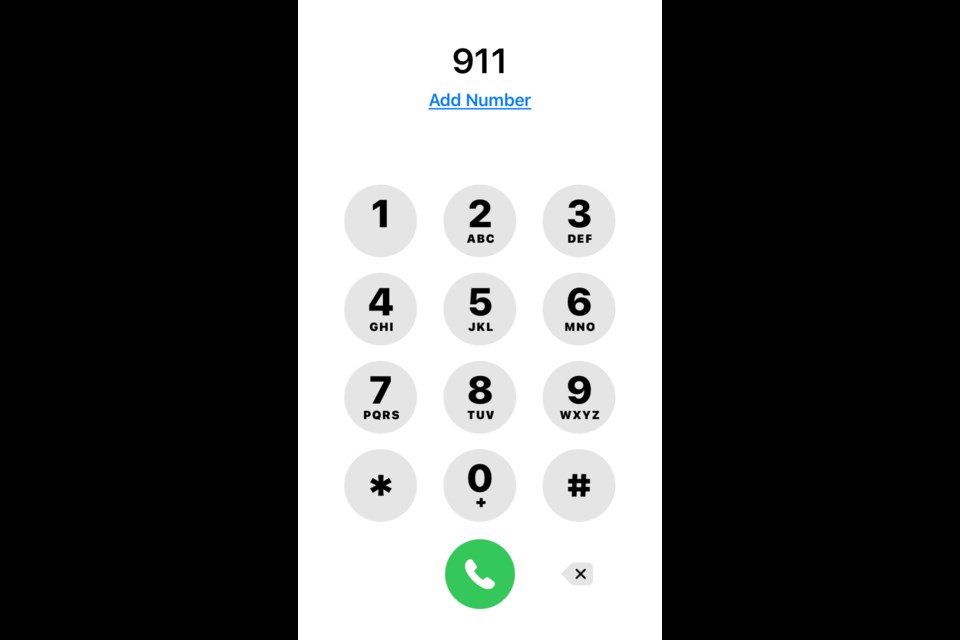Squamish Search and Rescue says it has no plans to use a geolocation phone app called what3words that North Vancouver RCMP is touting as a potential lifesaver.
Recently, a North Vancouver RCMP dispatcher told The Canadian Press that the app saves valuable time when trying to find the location of a person in the backcountry. The force also said in March it was a step in modernizing technology used at the detachment.
The smartphone app subdivides the world into three-metre squares and assigns each one a three-word phrase, which is intended to help first-responders pinpoint a subject's exact location.
However, at least some search and rescue volunteers say they do not support the application, including Squamish Search and Rescue.
Rescue manager B.J. Chute said local rescuers are not encouraging people to use the software, and the best means to activate a search and rescue mission in B.C. remains calling 911.
Chute said that Squamish SAR currently uses GPS technology that tracks cell phone locations by mining data whenever someone dials 911, and that works well.
"GPS coordinates are the standard format for search and rescue as well as our pilots," said Chute. "Even if we were to receive the what3words [data] we would have to go and translate that to GPS co-ordinates and start all over, so it seems to me it would add a delay and redundancy."
He reiterated that 911 is the only way to get contact with search and rescue, and said he was concerned that some people may misunderstand this if they use what3words.
Regardless of whether they use the app, they should still call 911, Chute said.
"My understanding is that what3words still needs cell service, so I don't see a benefit to advocating for a system that we just simply don't use," Chute said.
In response, what3words issued a written statement to The Chief.
"We support the search and rescue community and their calls to ensure people are prepared when venturing out. what3words is not a replacement for having the right equipment, traditional map reading skills. It is also not an alternative to calling 911 but is just one of the tools in the toolbox to help communicate a location," reads the statement.
"In an emergency, you should always follow local advice and dial 911 first. If they are struggling to locate you with other methods, they may ask you for a what3words address. If you don't already have the app downloaded, the handler may be able to text a URL which will display it.
The company said that it will be reaching out to SAR volunteer teams to provide technical support and training.
Squamish RCMP said it trusts Squamish Search and Rescue’s current system and reiterated the importance of calling 911.
“We respect Squamish and Lions Bay SAR communications system for a few reasons. First, the system goes through 911, a call needed to essentially activate any SAR team. If a person self dispatches through an app, there may be communication challenges such as internet connection service or language barriers. Second, people may falsely assume all apps work without cellular or internet service. Third, apps do not have the capability to activate SAR teams,” wrote Cpl. Angela Kermer in an email to The Chief.
“We believe the most efficient way a person in need can activate SAR is to dial 911. Squamish and Lions Bay SAR can connect with callers once obtaining their number from police. SAR can then utilize their communications system to plan and action a response.”
In the meantime, Squamish Search and Rescue call volumes have increased to 139 this year, as of Oct. 14. The rescue service broke its all-time record for yearly calls about a month ago, even though the year hasn't finished yet.
Last year, at this time, the call volume was at 110, and totalled at 124 at the end of 2020.
***Updated 9:50 a.m. Oct. 15 to include a comment from Squamish RCMP.



